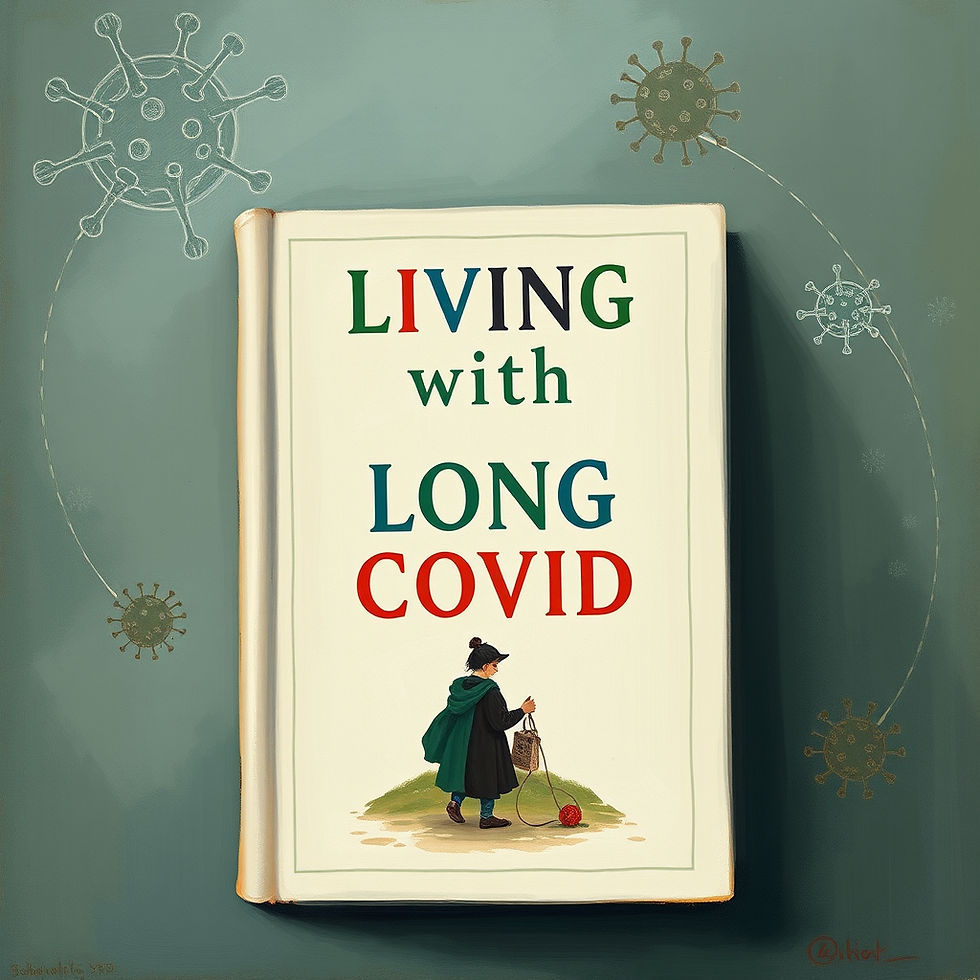Long COVID: Still Here, Still Weird
- Iain Luke Jones
- Aug 12, 2025
- 2 min read

Long COVID is weird. There’s no other word for it. From the outside, I look fine. I walk around, I talk, I do my usual things. To most people, I seem like my old self. And I get it. If someone looks fine, you assume they are fine. So when I mention Long COVID, it often gets the polite nod and the unspoken, “Oh, you’re over that now, right?”
Well, no. Not quite.
The reality is that Long COVID is still very much part of my life. It is just not as loud or dramatic as it was in the early days. I have become quite skilled at working around it, like someone quietly re-routing a train before it hits the wrong track. I can still do many of the things I used to do, but now there is an invisible price tag hanging from every activity. I have to budget my energy the way other people budget money.
If I keep things calm and steady, I can get by. A boring life, it turns out, is quite a safe life for me now. But the moment I push too hard, whether it is because I get stressed, excited, or just do too much, my body calls in the debt. And it does so without warning or mercy.
When that happens, the fatigue is not just “tired.” It is the kind of exhaustion that sleep laughs at. My muscles ache in places I did not even know could ache. My brain turns into a sieve, letting even the simplest words slip straight through. And the anxiety kicks in, which is particularly strange for me because I was never really an anxious person before.
What is tricky is that Long COVID does not look the same for everyone. Some people have breathing issues. Others have constant brain fog. Some have it all at once. My own version is a pick-and-mix selection that changes depending on how much I have overdone it.
I honestly do not know if I will get better than I am now or if this is my “forever setting.” I have definitely improved since the beginning, but a lot of that has been about figuring out how to live alongside it rather than beating it into submission.
I am not one for wallowing or complaining. I would much rather just get on with things and find the humour where I can. But I do want people to know that I am managing something chronic in the background. It is an autoimmune condition that has reshaped my priorities. If I have to choose between keeping everyone else happy and keeping myself upright, I will pick my health every time.
So if I say no to something, it is not because I do not care. It is because I am playing the long game, and that is the only way to keep going.













Comments